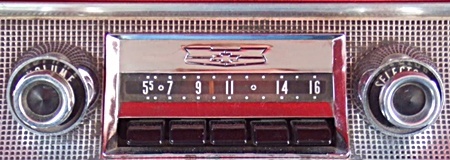Check
the
thread
Dont be so lazy. I dont have to post it ten times. Where is your evidence for anything?
LOL...so you demand "references" from me but can't cite the post were you say your evidence exists cause 'its somewhere in 246 posts' which I am supposed to read to "discover" if you have something?
You'll have to do better than that.
In the meantime while you dig up your cite, here is how an actual reference works:
1. "The figure of 900,000 is from Drea, MacArthur’s Ultra, 222."
Maddox, Robert James. Weapons for Victory (p. 185). University of Missouri Press.
2. "Pending the discovery of new material, there is no reliable evidence that any high-ranking officer expressed moral objections about the bomb to Truman or gave him reason to believe that the military situation had changed appreciably—except that Japanese defenses were daily growing more formidable—since he had approved the Kyushu operation during his meeting with the Joint Chiefs of Staff on June 18. On July 24 he and Churchill had met with the Combined Chiefs of Staff to review and approve final invasion plans. Nothing said there or in the chiefs’ report suggested any need for revision.53" (Ibid, page 124).
3. "Both of the top commanders in the Pacific supported the invasion of Japan’s home islands, and neither at the time expressed any reservations about using atomic bombs. Admiral Chester W. Nimitz, Commander in Chief, Pacific Ocean Area, learned of the planned operations months earlier because the special bombing group would operate from within his jurisdiction. According to the courier who delivered Admiral King’s letter stating that the first bomb was expected to be available in August, Nimitz read it and then said, “This sounds fine, but this is only February. Can’t we get one sooner?” Far from opposing use of the bombs, after Hiroshima and Nagasaki he favored using a third on Tokyo.50.
4. "Spaatz talked with him (McCarthur) on August 1. Spaatz later told General Handy that he conveyed the message and “that’s all I did.” MacArthur thereupon responded with an hour-long lecture on the future of atomic warfare, not with any criticism of existing plans. He continued to urge that preparations for the invasion go forward even after the first bomb was dropped.52"
Maddox, Robert James. Weapons for Victory (p. 124). University of Missouri Press.
Now please provide you cited "post" that proves a dozen opposed the use of the bomb before it was dropped. Quit dodging or retract your nonsense.

